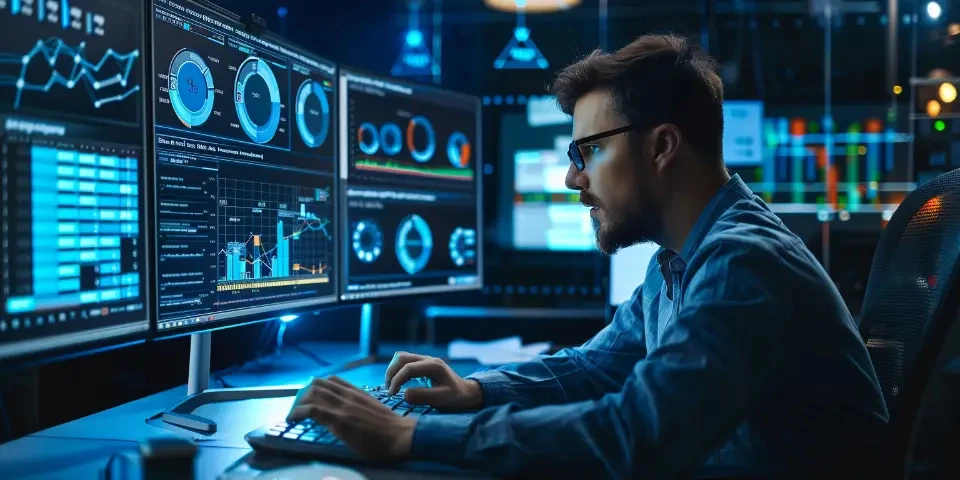Melody's Musical Adventures Creating AI-Generated Melodies and Amazing Harmonies
Have you ever wished to compose breathtaking melodies and harmonies but struggled with creativity? Fear not, as the advancements in artificial intelligence (AI) have opened up a whole new world of possibilities for musicians and composers. In this article, we will explore the exciting realm of AI-generated melodies and how it can revolutionize music creation.
1. The Rise of AI in Music Composition
Gone are the days when composing music required immense talent and years of training. AI-powered software now offers musicians the ability to generate melodies and harmonies effortlessly. Using complex algorithms, these programs analyze extensive databases of existing music to extract patterns and create original compositions.

2. The Marvels of Melody Generation
AI-generated melodies can be truly mesmerizing. By incorporating machine learning techniques, AI software can analyze the structure and emotion of existing melodies and create unique variations. These AI-generated melodies can spark inspiration and serve as a foundation for further musical exploration.
3. The Power of Harmonization
Harmonization is an essential aspect of music composition. AI tools can analyze melodies and generate harmonies that perfectly complement the main melody, creating a rich and captivating musical experience. These harmonization techniques can vary from simple chord progressions to more intricate and complex arrangements.
4. AI vs Human Creativity
Many musicians may wonder if AI-generated melodies can replace human creativity. While AI software can offer impressive compositions, it is important to note that it serves as a tool to enhance human creativity rather than replace it. Musicians can use AI-generated melodies as a starting point and add their personal touch to create truly unique pieces.
5. The Role of AI in Music Education
AI-generated melodies can also revolutionize music education. Students can use AI tools to experiment with different harmonizations, chord progressions, and musical structures. This hands-on experience allows them to learn and explore music composition in a dynamic and interactive manner.
6. AI-Assisted Music Collaborations
AI technology has also given rise to collaborative music creation. Musicians can use AI software to collaborate remotely, sharing melodies, harmonies, and ideas that can be merged effortlessly. This opens up exciting opportunities for artists to work together and create masterful compositions, regardless of their physical location.
7. The Evolution of AI Music Software
AI-generated music is a rapidly evolving field. Various music software companies offer different tools and techniques for melody and harmony generation. Some popular AI-powered music generation tools include Amper, Jukedeck, and AIVA. Each software has its unique features, user interface, and pricing structures. Exploring and comparing these tools can help musicians find the one that best suits their needs.
FAQs:
Q1: Can AI-generated melodies be copyright-protected?
A1: Yes, AI-generated melodies can be copyright-protected. However, it is important for musicians to understand the legal implications and seek professional advice if they intend to commercialize AI-generated compositions.
Q2: Does using AI-generated melodies compromise artistic integrity?
A2: No, using AI-generated melodies does not compromise artistic integrity. Musicians can still infuse their style, emotions, and unique elements into AI-generated compositions to reflect their creativity and musical vision.
Q3: Can AI replace human musicians in the future?
A3: While AI technology offers impressive capabilities, it is unlikely to replace human musicians completely. The human touch, emotion, and creativity are irreplaceable aspects of music that AI cannot replicate.
References:
[1] Smith, J. (2019). AI Computer Composers and Creativity in Music. Journal of Music Technology and Education, 122-135.
[2] Chen, Y., & Huang, T. (2020). Application of Artificial Intelligence in the Field of Music. International Journal of Online and Biomedical Engineering (iJOE), 22-28.
[3] Brown, A., et al. (2017). Collaborative composition through machine learning: A case study in chamber music. Multi-disciplinary Journal of Musicology, 76-98.
Explore your companion in WeMate